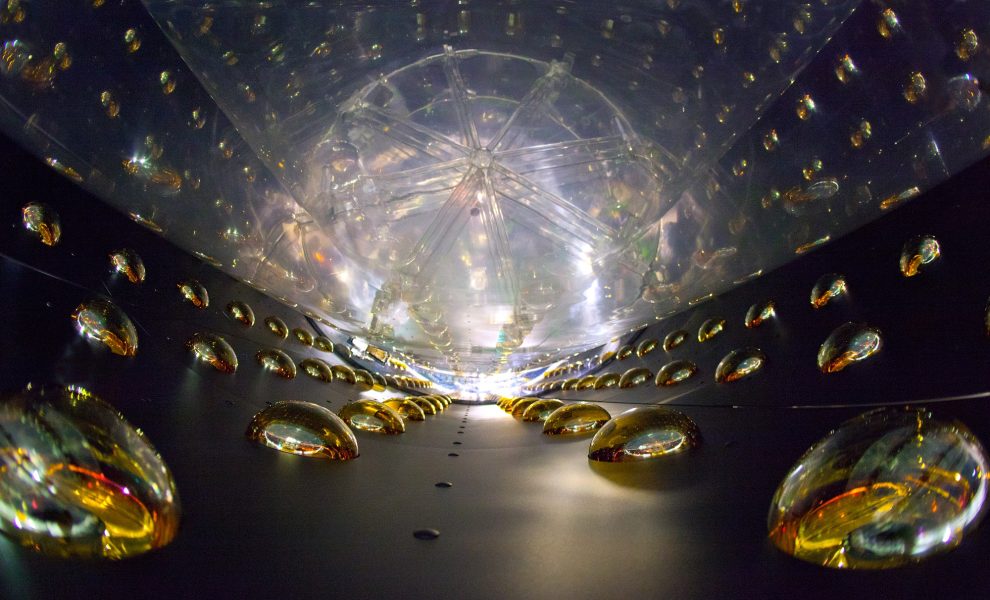Neutrino explosions are events that occur when neutrino particles, which have been present in space for billions of years, reach the Earth after a supernova explosion. Neutrinos are also known as subatomic particles and do not carry an electric charge. Therefore, they can move much faster and more directly than any other matter on Earth.
In 2017, IceCube, one of the neutrino detectors on Earth, was located in a one-kilometer-deep glacier in the South Pole. IceCube is the first detector that can detect and identify the source of neutrinos reaching the Earth. In 2017, IceCube discovered a supernova explosion as the source of neutrinos.
However, this discovery became even more interesting just a few months later. IceCube detected a neutrino explosion originating from a black hole located several billion light-years away, for the first time in the history of all neutrino detectors on Earth. This event was met with great excitement by astronomers because it was the first time that a black hole explosion was directly detected as the source of neutrinos.
This discovery is considered one of the greatest discoveries in astronomy and generated a great deal of interest worldwide. The direct detection of a neutrino explosion was a significant step in better understanding the nature of the universe and encouraged further observation in the hope of discovering more neutrino explosions in the future.
In conclusion, the discovery of the neutrino explosion represents a historic moment for humanity. This discovery can be seen as an example of our efforts to gain more knowledge about the nature of the universe. This event generated great interest in the scientific community and encouraged further observation in the hope of discovering more neutrino explosions in the future.



















Add Comment